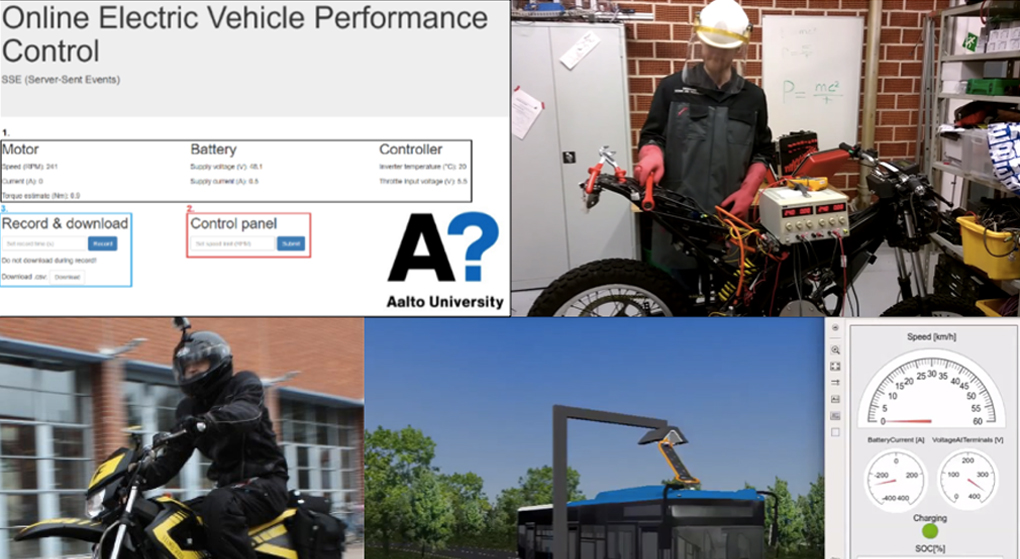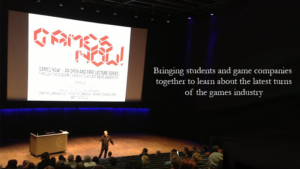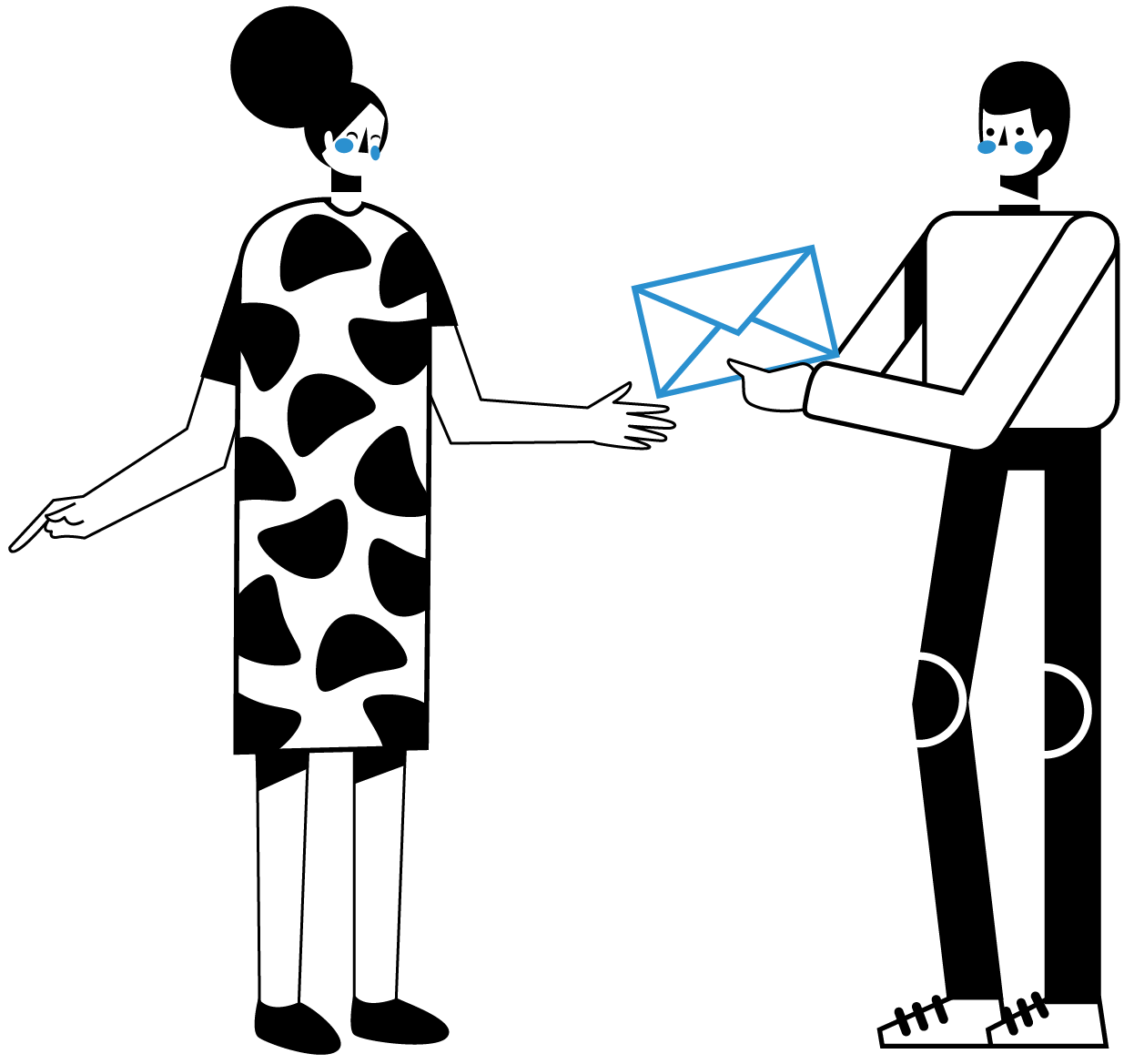Overview
Password: Kiikku
Mechatronics is a field that focuses on tangible products. After students have been taught about the theory behind the machines and robots, it is crucial to let them try out the things they have learned. The demo machinery in mechatronics are often almost the same as in the industry. Nothing is wrong with the industry machinery, but they involve issues related to safety, accessiblity, and may require supevision. If the machinery is big, dangerous and expensive, the presence and a professional user/teacher is mandatory. This leaves students as by-standers that try to observe as much as they can in a short time, since in a larger course there can be fifty to hundred students that need to attend the demo. For all of these demo events we need to reserve the space and a member from teaching staff has to organize it. These drawbacks turn the good idea of exploration into mandatory laboratory visit.
This pilot has three demo machinery projects that have the same idea: Make interesting machines that students can use unsupervised (via internet or at the lab) and take their time testing and exploring. In the Mechatronic Machine Design course students are also assigned to think how to enhance the demo machine designs that we have produced. This is one of the reasons why we wanted to design and manufacture most of the machines ourselves. In this way it is easier to modify the design according to the students’ suggestions and improve the design every year.
The demo machinery projects are:
- Ball and Beam: How to implement PID control, how to learn the perfomance adjustment and return the exercise over internet
- ABB miniature electric drive: How to use an industrial machine, how to connect to the drive
- CAN communication: How to connect an electric vehicle online, how to adjust the perfomance over internet
These machines are intended to be in free use for the students at office hours. They simply book them in Setmore (A scheduling program) and they can go try it out. For instructions, we don’t want to use exhaustive (long) paper documents because students get to stare at those enough on all the other courses. On contrary, we have made short tutorial videos (resembling YouTube tutorials) which students can watch for instructions and hints. Instead of writing a report about the exercise the students can choose to film their control and explain how the demo works and what are the features and limitations of their control design.
To summarize, the intended workflow for the exercises is:
- Reserve a time for the machine you have assignment on at Setmore.
- Watch introduction videos on how to use the machine. If the student needs more information, he/she can book another time with a teacher’s assistant to guide through the exercise (this is a great way to balance the gap between the more advanced students who want a challenge and beginners who need more support).
- Make a video about your findings and post it on MyCourses.
In addition, a 3D virtual simulator of a fully electric city bus is created. Purpose of the simulator is to increase student motivation by connecting real world engineering and video games. The simulator is connected via internet to a real prototype electric bus operating in Espoo bus route 11. Students can experiment with the virtual model and modify it and see how well it corresponds to the behavior of the actual vehicle. The simulator provides real-time feedback helping students to understand vehicle dynamics and electric powertrain functionality, including battery charging.
Platforms and tools
Vimeo for video production
Involved courses
MEC-E5001 – Mechatronic Machine Design (5 ECTS)
MEC-E5006 – Vehicle Mechatronics
Links & Materials
Electric bus simulator demo:
Jyry Hyvärinen’s MSc thesis Online performance control of electric vehicle
PowerPoint presentation of the electric bus virtual simulator
People
Kari Tammi
School of Engineering, Department of Mechanical Engineering
Pilot Leader
Jari Vepsäläinen
School of Engineering, Department of Mechanical Engineering
Klaus Kivekäs
School of Engineering, Department of Mechanical Engineering
Antti Ritari
School of Engineering, Department of Mechanical Engineering






